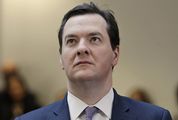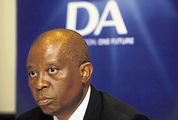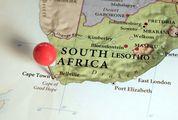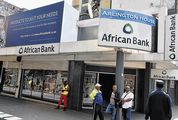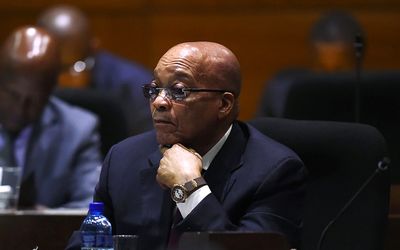AS PRESIDENT Jacob Zuma decides whether he will pay back the money via e-wallet, credit card or in cash, it is worth reflecting on the many loose ends of what has become a monument to corruption.
While there is outrage over the amount determined by the Treasury — a mere R7.8m of the R246m in public funds that was spent on Nkandla — this was largely the result of the public protector and the Constitutional Court treading softly when they calculated the undue benefit that accrued to Zuma and his family.
He most certainly would have had to pay more had he initially adhered to the public protector’s findings and recommendations, which have since been deemed binding by the Constitutional Court. So it seems the strategy of obfuscation, parallel investigations and enmeshing the report in messy parliamentary processes has paid off.
After an intense back-and-forth between the president and Public Protector Thuli Madonsela during the probe, Zuma left most of her questions unanswered, according to her report titled Secure in Comfort.
These included whether he was at any stage informed of the costs of the proposed security measures, whether he was advised that some of the costs of securing his private residence as a national keypoint would be recovered from him, and many more.
Once Madonsela had presented her provisional report to him, his response to it was that "it was tainted by lack of proper procedure", it "had not applied the rules of natural justice", it "suffered from a lack of integrity … compromised by persistent leaks and public pronouncements", and it "adopted the incorrect legal framework in assessing the implementation of the security upgrades".
This was during a period of heightened tension between Madonsela, the president and the ANC some months before the 2014 polls.
The public protector’s report showed that the undue benefits included the five items Zuma will now pay for, as well as a "marquee area, extensive paving and new houses for relocated relatives".
The relocation was deemed unlawful as it did not comply with section 237 of the Constitution.
This was under a section of Madonsela’s findings that dealt with items that went beyond security upgrades. However, in her recommendations Madonsela did not find that Zuma should bear all the costs of these undue benefits; rather that he should pay the "reasonable cost".
The upgrades for Zuma’s account included, but were not limited to, the swimming pool, cattle kraal, chicken run, visitors centre and amphitheatre. If read with the earlier section of the report, the costs of the marquee area, extensive paving and the relocation of relatives, which on their own amounted to R8m, also constituted undue benefits and would have formed part of the repayments had Zuma adhered to her initial recommendations.
But this is where the Constitutional Court came to Zuma’s aid. In its judgment, it limited his repayments to the five items spelt out in Madonsela’s recommendations by using the word "only", and sidestepped the others, meaning that while Zuma may have benefited from, say, the extensive paving or relocation of relatives, he has escaped having to pay for them.
Neither Zuma nor the Treasury is to blame for the relatively small payment he is obliged to make. It is now a matter of whether the court accepts the Treasury’s assessment and how and when Zuma pays.
There is also the thorny issue of the state of Zuma’s investment. The work done on Nkandla was shoddy and is now falling apart less than five years after it was completed. In her report, Madonsela highlighted how many of the installations would need to be maintained at the expense of the state, even beyond the president’s term.
While the report Police Minister Nathi Nhleko delivered last year has been deemed irrelevant, it must be remembered that he noted that further spending on security was required because the site had been "exposed" to the media. Also, visits to the residence showed that the security upgrades remained far from complete. Nhleko was criticised when he pronounced that further spending was required to ensure that the president’s residence was secured.
The Nkandla saga may therefore be far from over.
• Marrian is political editor.




